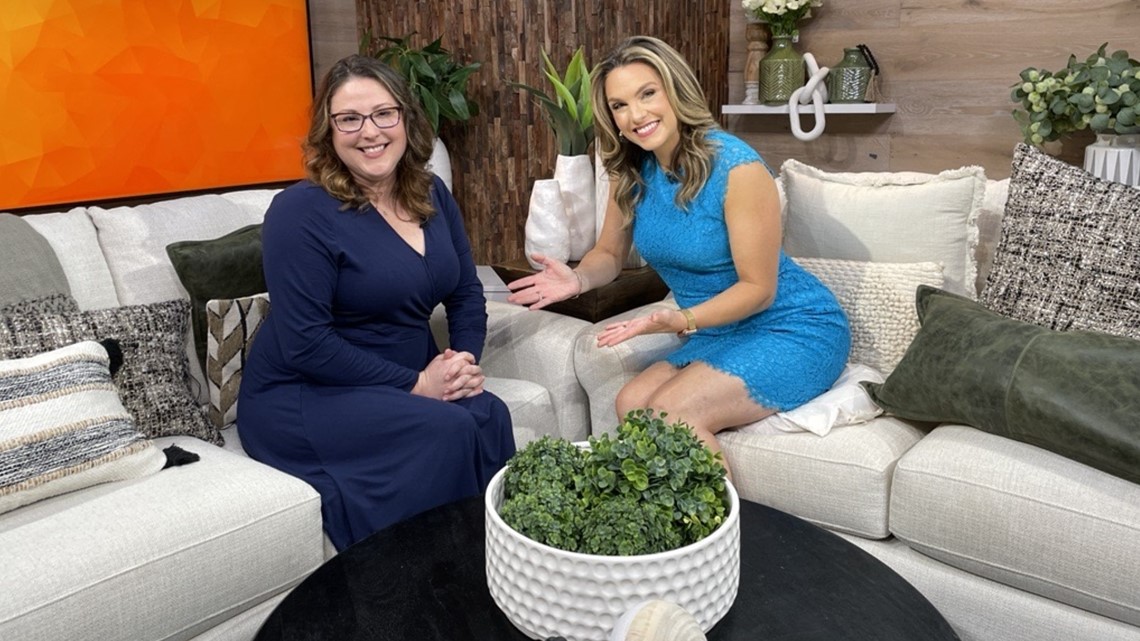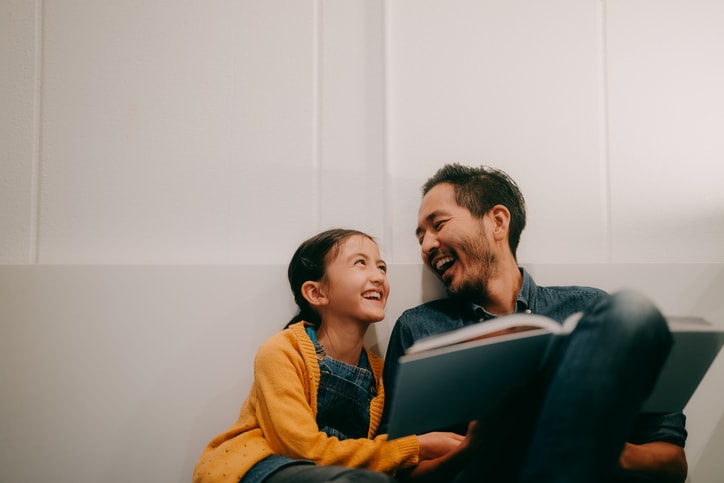Cailin Currie, Ph.D. | Source | Developmental Psychologist and Senior Research Scientist at Committee for Chi...

Cailin Currie, Ph.D.
Cailin Currie, Ph.D., is a developmental psychologist and education researcher with a background in children's and adults' social-emotional development, wellness, and well-being. Dr. Currie serves as a senior research scientist at the global nonprofit Committee for Children and leads research for the organization's Second Step® High School program, a new social-emotional learning (SEL) program for Grades 9-12 that teaches adolescents social and emotional skills like communication, resilience, and problem-solving. A core part of Dr. Currie’s research work includes talking with K-12 educators and students to learn what keeps them engaged and motivated in a school environment to support success inside and outside the classroom. Dr. Currie has also spoken directly with parents and families to improve the organization's school-home connection and how parents and schools can work together to support children.
Dr. Currie can provide expert insights on various topics and trends connected to human development, mental health and well-being, social-emotional skills development, and healthy coping strategies for children and adults that support engagement, motivation, and overall healthy life skills development. As a developmental psychologist, she is also very good at distilling science and research into simple and actionable tips and strategies for schools, educators, and parents that will support children and adolescents' social-emotional learning, development, and overall mental health and well-being.
Dr. Currie has a bachelor’s degree in psychology from the University of California, Santa Cruz, and a master’s and Ph.D. in applied developmental psychology from Portland State University.
Specialty Areas:
--Child development and well-being
--Healthy coping strategies for children, adolescents, and adults
--Student engagement and motivation in school
--Social-emotional learning and development for K-12 students and educators
--Mindfulness and contemplative education
--Teacher-student relationships
-

Committee for Children
Developmental Psychologist and Senior Research Scientist
started Apr 2018
-
Our kids deserve to be more than just 'okay' – the importance of teaching social and emotional skills (KING5's New Day Northwest)
Dr. Cailin Currie of Committee for Children on Seattle's only lifestyle talk show, New Day Northwest, with back-to-school insights for parents about how social-emotional skills can help kids be more confident, decision-driven, & feel less stress.
Article -
9 social and emotional learning activities to help kids thrive (Care.com)
Try these everyday social and emotional learning activities that parents and caregivers can use to help children develop key life skills.
Article -
How to Help Kids Navigate the New Era of No-Mask School (The Wall Street Journal)
Dr. Cailin Currie interviews with The Wall Street Journal about what changes in mask mandates mean for children and K-12 students. She offers tips and insights for families on how to talk with children about changes in routine, such as communicating clearly and offering choices.
Article
-
"Children need routines and predictability to feel safe, so these days, it helps to keep consistent routines at home as a buffer against unknowns elsewhere."
-
"What struck me most about my exploration of gratitude this year is how deceptively simple but impactful it can be. I learned that having an appreciative and positive view of life isn’t an innate personality trait or a perspective forged from extreme hardship or privilege. Learning to recognize and acknowledge the gifts and goodness around us is a skill that can be developed with practice and effort, just like other academic or social-emotional skills."
-
"Generally, when I hear kids are disengaged with school, I think about motivation. As parents know, kids are born with motivation. You don’t have to tell a kid to explore, play, or interact with the world around them. But feeling motivated at school can sometimes require some renegotiation to make sure kids' motivational needs are getting met so they can fully engage in the classroom."



